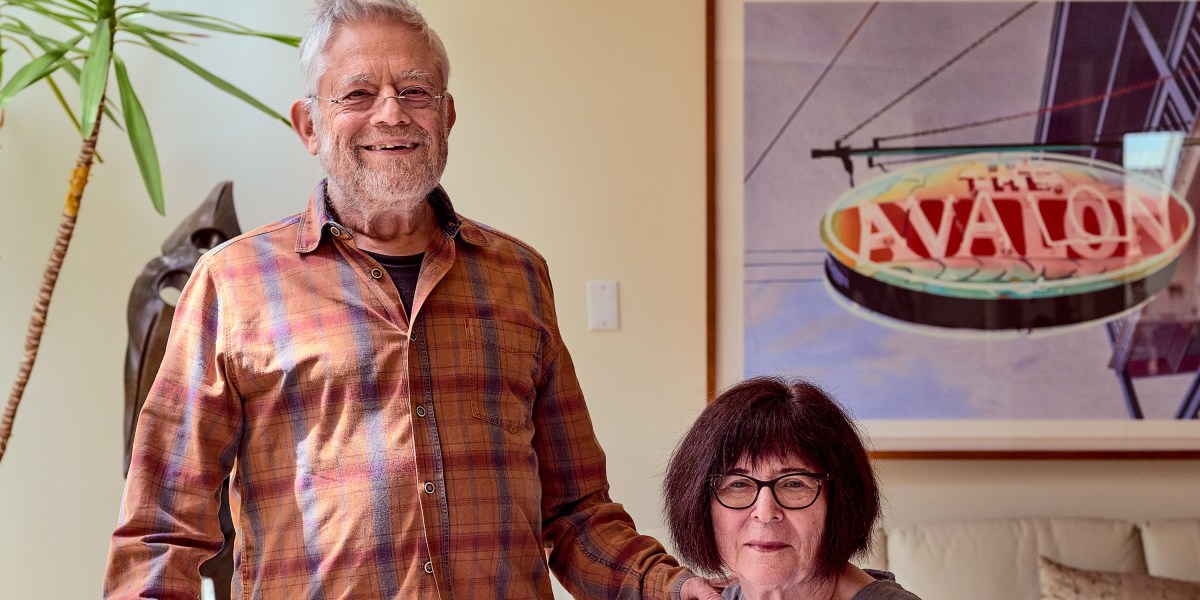
“I don’t know what his secret has been. But he has been a tremendously successful advisor,” says Michael Sipser, a theoretical computer scientist at MIT who was advised by Blum, referring to the “extraordinary number of PhD students” who have worked with him and then gone on to make an impact in the field. “It is extraordinary in the literal sense of that word—outside the ordinary.”
Three of Blum’s students have also won Turing Awards; many have received other high honors in theoretical computer science, such as the Gödel Prize and the Knuth Prize; and more than 20 hold professorships at top computer science departments. There are five, for example, at MIT and three at Carnegie Mellon University (where there were four until one left to found Duolingo).
Blum is also distinguished by the great plurality of subfields that his students work in. When Mor Harchol-Balter, a professor of computer science at Carnegie Mellon, arrived at the University of California, Berkeley, as a PhD student, she quickly realized that she wanted to work with him. “Manuel was warm, smiling, and just immediately emanated kindness,” Harchol-Balter told me. Her specialty, queueing theory, had little overlap with Blum’s, but he took her on. “Every professor I know, if you start working on what’s way out of their area, they would tell you to go find somebody else,” she said. “Not Manuel.”
A few months ago, as I was reading about some of the most significant yet counterintuitive ideas in modern theoretical computer science, I realized that the vast majority of the researchers responsible for that work had been advised by Blum. I wondered whether there might be some formula to his success. Of course, it’s presumptuous to think such an intimately human process can be distilled into an algorithm. However, conversations with his students gave me a sense of his approach and revealed consistent themes. Many spoke warmly of him: I often heard some version of “I could talk about Manuel all day” or “Manuel is my favorite topic of conversation.” The finer points of mentorship aside, what I learned was at least proof that kindness can beget greatness.
Slow beginning
Manuel Blum is married to Lenore Blum, an accomplished mathematician and computer scientist, who has also been at the forefront of promoting diversity in math and computing (among other things, she founded America’s first computer science department at a women’s college and helped CMU’s computer science department achieve 50-50 gender parity). They are both now emeritus professors at CMU and Manuel Blum is an emeritus professor at UC Berkeley; they split their time between the two coasts.
One day in August, I joined the couple for breakfast at their house in Pittsburgh. Breezy in his manner, Blum, at 85, still has a schoolboy’s smile and frequently erupts into a resonant laugh; he is charismatic in a way typical of people who are utterly oblivious to their charisma. (When he says “WON-derful,” which he frequently does, you can practically hear “WON” in all caps.)
The Blums, who recently celebrated their 62nd anniversary, still shuttlecock research ideas, enthuse over emails from their former students, and complete each other’s memories—some dating from their life in Venezuela, where they met as kids.
Manuel Blum was born in 1938 in Caracas to Jewish parents who had moved from Romania. His first language was German, which his parents spoke at home. But when they moved to the Bronx, his family realized that people did not want to hear German spoken. The year was 1942, and the country was at war. After switching to Spanish at home, he quickly lost his fluency in German. But when he had to learn English for school, he soon forgot Spanish as well.